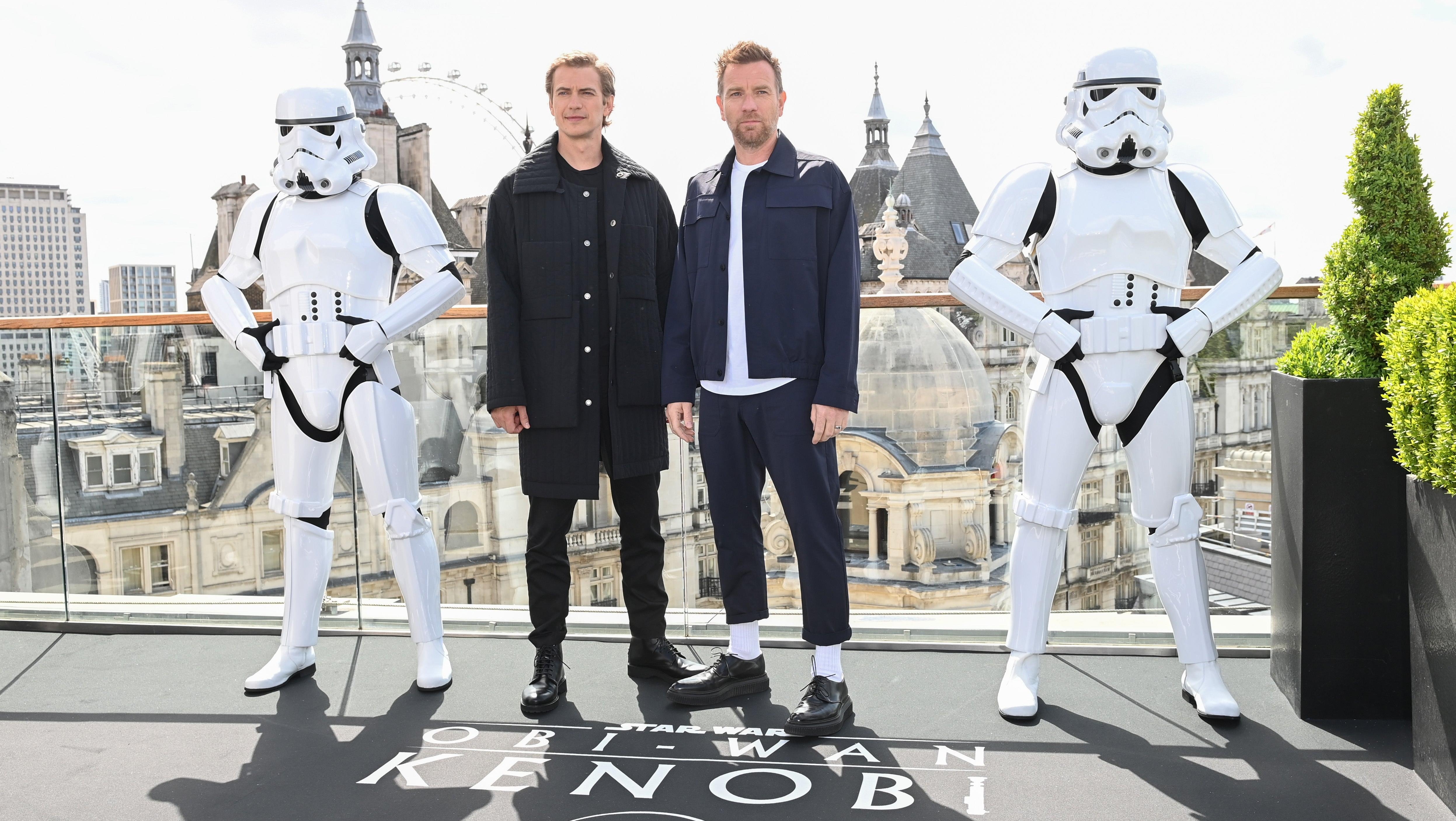Obi-Wan Kenobi movie trilogy was the first casualty of Solo bomb
The $275-million bomb turned unmade "A Star Wars Stories" TV shows

Ashes to ashes, dust to dust, we now return Obi-Wan Kenobi: A Star Wars Story to the Earth’s crust.
Roughly four years after an explosive box office bomb known as Solo wiped out a library of unread Star Wars Stories, sources excavated the blast’s first identified casualty. Before it was a Disney+ series, Obi-Wan Kenobi was a proposed spin-off trilogy in development when Solo exploded, presumably, due to a coaxium leak.
Speaking to The Direct, Stuart Beattie, the Obi-Wan Kenobi film series screenwriter who received writing credits on the recently-concluded TV series, said that Solo was the deciding factor in taking Obi-Wan from the big screen to the small one.
“It was Solo that changed the direction of the system,” Beattie said. “I like Solo, personally, but it hadn’t made a lot of money… it certainly crushed us. Devastated, absolutely devastated. But, that’s the business, you know, highs and lows. I’m glad it got made. I’m glad the show got made. I’m proud of my story. I’m glad my characters are all through it. And I’m glad I got credit for it. I wish they’d been able to make my movies.”
Solo reportedly needed to make more than $500 million just to break even but grossed roughly $393 million at the worldwide box office, a disappointing total that director Ron Howard later blamed on online trolls.
Beattie’s description of an Obi-Wan Kenobi movie trilogy certainly sounds a little more cohesive than Kenobi’s Adventures In Babysitting. The script went through significant growing pains, apparently. When Disney turned the movie into a TV series, the show stretched Beattie’s proposed two-hour movie into a six-hour miniseries. “I wrote the film that they based the show on,” Beattie said. “I spent like a year-and-a-half working on it. And then, when the decision was made not to make any more spin-off films after Solo came out, I left the project and went on to other things. Joby [Harold] came on and took my scripts and turned it from two hours into six. So, I did not work with them . Iall, I just got credit for the episodes because it was all my stuff.”
Ewan McGregor was “on board” for the trilogy. “It’s a great story to tell, right? It’s such a fitting character and Ewan is just so fantastic at it. And he’s the perfect age, everything.”
Beattie said the trilogy would’ve followed Kenobi across three periods of his life. His original pitch of “three stories” followed “three different evolutions” and showed the character’s transformation from prequel Obi-Wan into the Ben Kenobi viewers first met in 1977. “The first one was the first movie, which was the show, which was, ‘Surrender to the will of the Force. Transport your will, surrender your will. Leave the kid alone.’”
The second movie, Beattie outlined, would have brought fans closer to Kenobi’s A New Hope sacrifice, which he considered “probably the most powerful moment in all of Obi-Wan’s story.” As he points out, it’s a “pretty sudden” decision that Obi-Wan makes, and Beattie wanted to dig into how the character could go from “fighting a guy, to see Luke and go, ‘I’m gonna die.’”
Beattie continued:
It’s one of those universal things we all struggle with, to come to terms with our own mortality. So, that was the second step of the evolution for me, that Obi-Wan now has to come to terms with his own mortality, somehow in a prophecy, or Qui-Gon telling him, ‘There’s going to come a moment where you’re gonna have to sacrifice yourself for the good,’ And then [Obi-Wan] is like, ‘What? No, no, no, no, I’m here to help… I can’t, no.’ And get him to that point where Obi Wan has accepted the idea that he’s going to die, and that he’s going to die willingly at a crucial moment, and you will know when that moment presents itself. So that when that moment comes up in [A New Hope], you understand. He’s recognizing he’s been on this journey already, and he’s waiting for this moment, and that’s how he’s able to make it so easily. To do this [sacrifice], and die. So that to me was the second evolution, the second film, the second story. So for me, if I have anything to do with the second season of Obi Wan, that’s the character evolution that I would take him on. That, to me, is really interesting. And like I said, universal.
Has anyone in the history of Star Wars fandom questioned why Obi-Wan sacrificed himself to save Luke? It certainly made enough sense to six-year-olds in 1977. It’s another example of that Star Wars instinct to fill in every crack George Lucas missed in his effort to create a fun, romantic space adventure for kids. If there is a second season of Obi-Wan Kenobi, maybe they can dig into how Obi-Wan learned the phrase “hello there.”